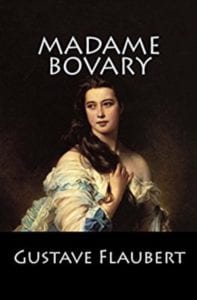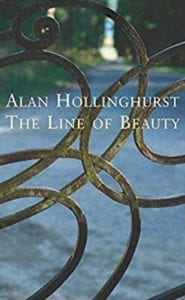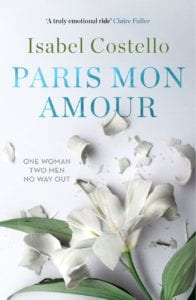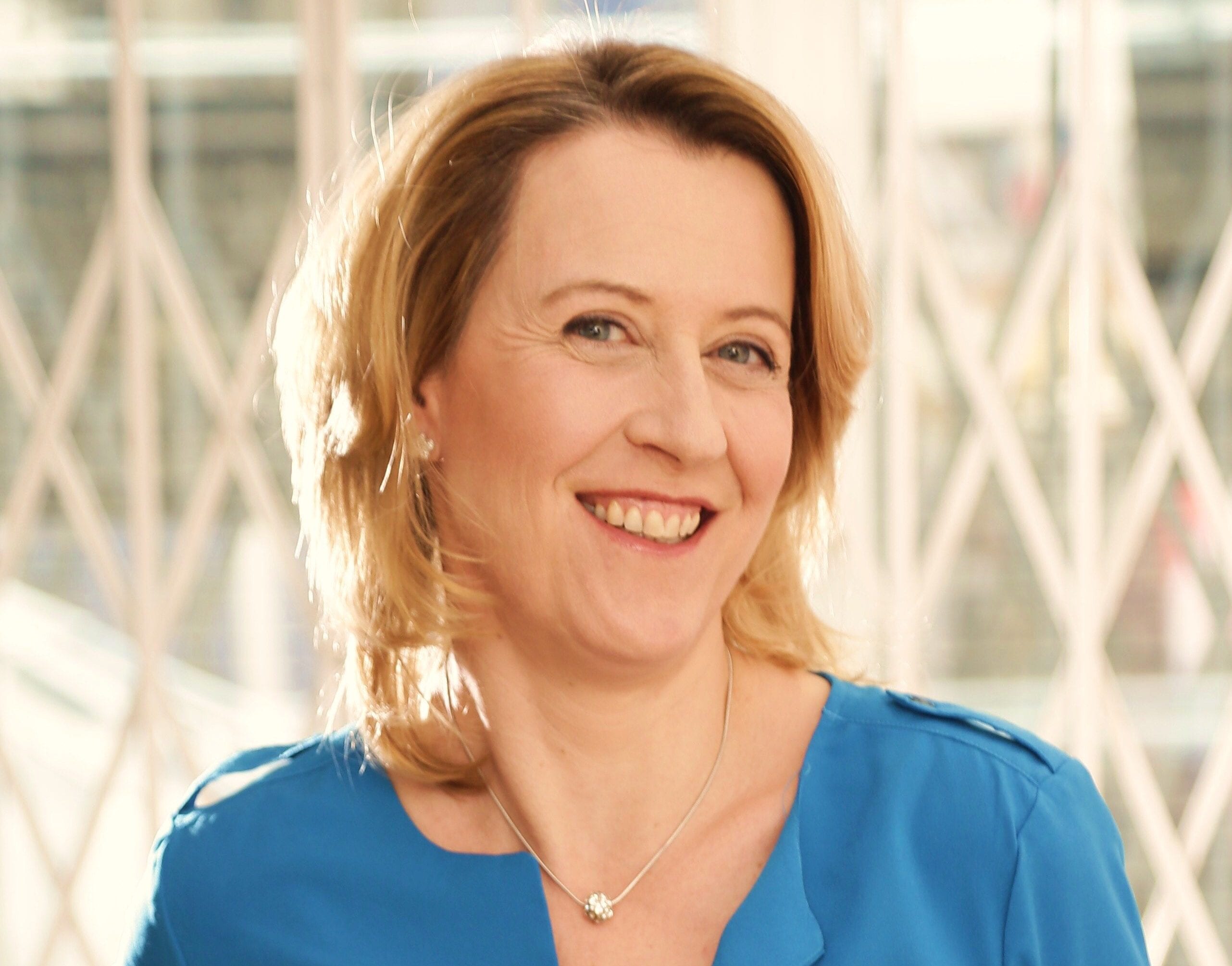This week’s Power of Three guest could not have come at a better time. Isabel Costello, author and host of the Literary Sofa blog, is somewhat of an authority on the subject of resilience, having written extensively about it on the blog and having run workshops and given talks on dealing with rejection.
Like all writers, Isabel has had a fair few knock-backs, including a piece on rejection that she wrote for a competition that, ironically, didn’t get anywhere. We’ve all been there. And if you’re a new writer and you haven’t been rejected yet, you will. It’s a rite of passage. In fact, as I was typing this, a rejection popped into my inbox. It was what I’d call a ‘good no’, polite and kind, but just as unpleasant to read as if they’d said my work was a disgrace and I should consider beekeeping as an alternative career.
If this all sounds familiar, I’d urge you to read Isabel’s piece on coping with rejection. We all know how it feels, and we all know that we have to move on, keep going, pick ourselves up, etc, etc, but sometimes just hearing it from someone else in the same situation is enough to reassure. It reminds us we’re not alone and that in itself can give us the strength and determination to keep going.
As Isabel says:
‘Rejection can only defeat you if you let it’
So get your head up, put your shoulders back, grab a coffee and enjoy Isabel’s Power of Three:
1. My greatest fear as a writer
Publishing is a very tough business and my greatest fear is that the pressures could end up destroying my love of writing, and ultimately, make me give up – I came very close at one point. The good news is that my experience of rejection led me to discover the psychology of resilience. I have learned to manage setbacks and stay motivated and it’s very rewarding to be able to pass these skills on to others in the Resilient Thinking for Writers workshop which I run with psychologist Voula Grand. Whilst this particular fear has diminished, for me some degree of risk and anxiety is essential to producing anything worth reading – that never comes from a place of comfort.
2. The best piece of writing advice I’ve been given…
…is the one I’ve heard the most: “Write the book you want to write.” But that doesn’t mean it’s easy to follow; a novel takes huge commitment and stamina and a strong vision of what you are trying to achieve.
As I know from personal experience, it can be a challenge not to be blown off course, especially given the realities of a market where certain voices, subjects and perspectives are perceived as niche, risky or lacking wide appeal. Strangely, this has strengthened my resolve – I can’t see any reason to spend two years of my life on a novel that’s not what I want to write! I believe readers are more curious, intelligent and open-minded than we are given credit for, that a wider range of people deserve to see their lives reflected in fiction and that passion and boldness produce far more exciting stories than playing it safe.
3. My three favourite books

MADAME BOVARY by Gustave Flaubert
The only novel I have read more than twice, resonating differently as I move through life. Emma is such a flawed and nuanced romantic/tragic heroine, in constant collision with the world around her. There is something timeless about the dilemma of how to balance passion and intensity with the realities of everyday life, especially as a woman. There’s a little of Emma in me and considerably more in the protagonists of my novels.

LES FLEURS DU MAL by Charles Baudelaire
I vividly recall the wonder and disgust that accompanied my introduction to Baudelaire’s notorious poetry collection and the play-off between beauty and evil (or ugliness, pain, etc), something which fascinates me. His writing is dense with symbolism and cultural reference, yet vibrantly sensual, colourful and visual – unsurprisingly, for an art critic. He too had interesting, enlightened and (at the time) outrageous things to say about women.

THE LINE OF BEAUTY by Alan Hollinghurst
Close to perfection – it’s my era, and my own undergraduate days enabled me to relate to outsider Nick Guest. In fact, the ‘otherness’ of the privileged world portrayed was part of the novel’s appeal – I primarily read and write to get out of my own head. My interest in the subject of sexuality extending beyond my experience dates back to this book – now I can’t imagine myself without that.

Isabel is a British author with lifelong connections to France. Her debut novel Paris Mon Amour was first published in digital and audio and is now available in paperback through a new Literary Sofa imprint. Her short fiction has been published in magazines and anthologies including the bestselling Stories for Homes (Vol 1 and 2) in aid of Shelter. Isabel lives in London with her husband and sons but is often to be found on the other side of the Channel – or talking about books on Twitter @isabelcostello.
Thanks for stopping by and reading. If you enjoyed this post, you might like my previous posts on rejection and resilience.
Ann x
